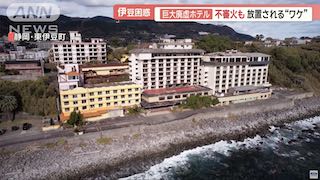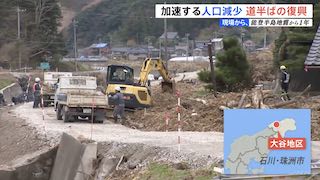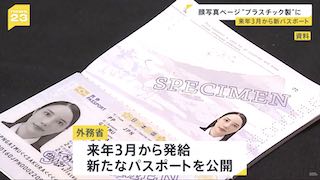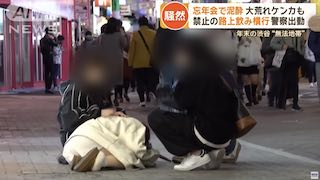Jun 10 (Nikkei) - The enactment of the minpaku home-sharing law in the Diet's upper house Friday removes the regulatory uncertainties surrounding renting private dwellings as temporary accommodations, possibly opening the door for dramatic growth of a new industry in Japan.
Minpaku, or the renting of private homes to tourists, was not illegal, but it was not fully above board, either. The new law will provide a framework for the new industry and help it achieve sound growth, Keiichi Ishii, the tourism minister, told reporters Friday.
Unstoppable force
Five million people found accommodations in Japan through industry leader Airbnb in the year through May 31, even without legal recognition for the process. Recent data shows that more than 50,000 properties in Japan are registered at the U.S. company, which operates an online marketplace that facilities private accommodation rentals.
Airbnb's rivals also have boosted their presence in Japan. Chinese operators in particular have grown steadily, as their services let Chinese visitors handle communication with homeowners in their native tongue, lowering their anxiety about dealing with strangers in a foreign land.
Zizaike, a major Chinese player in the field, counts 14,000 registered properties in Japan. Some 20,000 people rented accommodations in Japan through the company's online platform in fiscal 2016, double the figure for the year before.
Though some are unhappy with the home-sharing law's restrictions, such as allowing a property to be used a maximum of 180 nights per year, its introduction likely will expand the so-called sharing economy in Japan.














